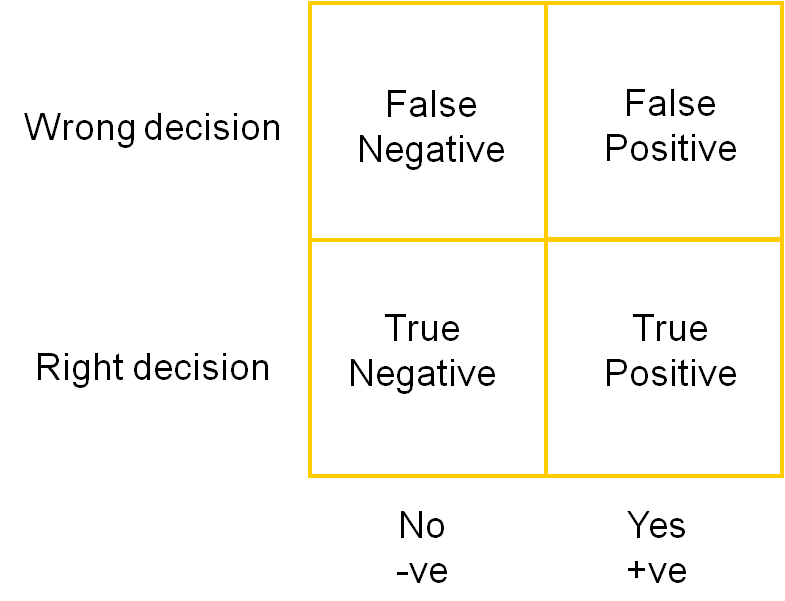- If we don’t agree with the politics then we must be against the policies, mustn’t we?
- If the idea comes from the bosses, then the workers need to oppose it, don’t they?
- If the council propose cuts, then we should fight them, shouldn’t we?
Well, actually, no.
Sometimes I do choose to be ‘against stuff’, particularly if it meets some or all of the following criteria:
- It will involve investing public money to further increase the gap between the rich and poor.
- It puts at unwarranted risk a vital organisation or service.
- It means committing to a course of action that cannot be escaped.
The first of these will always get me into opposition mode! And sadly most of what we call ‘development’ in a modern city meets this criteria. The pursuit of GDP means finding ways to provide services, usually retail and entertainment, to people with disposable income, at a profit for investors. Usually this criterion is quite easy to apply. And as soon as a proponent of ‘stuff’ calls ‘trickle down’ into the debate than you can be pretty sure that your opposition is well founded.
The second of these is harder to apply. It is more personal and subjective. After all what constitutes an ‘unwarranted risk’? And which services are ‘vital’?
Let’s deal with ‘vital’ first. I usually do a little thought experiment. I think about the service users and try to empathise with some of the least powerful amongst them. I now go on to ask myself ‘Is it likely that any of them would put this organisation or service close to the top of their list of essential services? If the service was lost would their life be forever blighted, or could another service substitute? Can they find another way to fill the gap?’
This is why I will get exercised over policies that impact on health, financial inclusion and education for example, but get less exercised, although sympathetic, about the shutting of libraries, the banning of hunting with dogs and closing swimming pools. There are other ways to access books, if access to books is the priority. There are other ways to exercise and socialise. And there are greater causes competing for my time than the modern day barbarity that is hunting. It is also why I can’t get overly exercised about communities building tree-houses, unless they are affordable housing!
Unwarranted risk is trickier. Subjective. Personal.
Here I do another thought experiment (if they worked for Einstein…..:-)) and try to assess the consequences of a ‘false positive’ compared with the consequences of a ‘false negative’. A ‘false negative’ is when we decide not to pursue a course and it later seems to be a wrong decision. So, if we decide not to build nuclear and we all end up dying in cold, dark caves, that would be a ‘false negative’. If, on the other hand, we go nuclear and end up frying in a radioactive hell – that would be a ‘false positive’.
Now it strikes me that with coalition ‘healthcare reforms’ that Cameron and Clegg both reckoned that Lansley was about to press the button on a ‘false positive’ when a ‘false negative’ would be a much better option. Hence the listening exercise. Of course, ideally the world would be full of ‘true negatives’ and ‘true positives’: we would only ever make right decisions.

It is sad that more politicians don’t feel like it might be electorally acceptable to say ‘we are just going to leave it be’ from time to time.
And my 3rd criterion is that of generally, but not always, opposing a step that can’t be undone. Burning the boats may have worked for Cortez but as a rule of thumb it is not for me. Engineering a situation where people are compelled to push forward with a policy once it is enacted whatever the consequences rarely turns out well.
So these are the guidelines that I use when deciding whether to be against stuff. Far from perfect, but they work well enough for me.
However I try not to be against very, much at all.
If my criteria leave room for doubt then I will ‘leave it be’. A ‘false negative’ is often better than a ‘false positive’ in my experience. Choosing not to object at all is better than deciding to object to something that you are not deeply committed about.
I prefer instead to be ‘for stuff’ wherever I can.
Especially stuff that will narrow the gaps between rich and poor in our society. But also stuff that will be fun, engaging, creative and challenging.
And usually when I choose to be against stuff it is because it steals resources away from the things that I would like to see happen.